Interdisciplinary research team
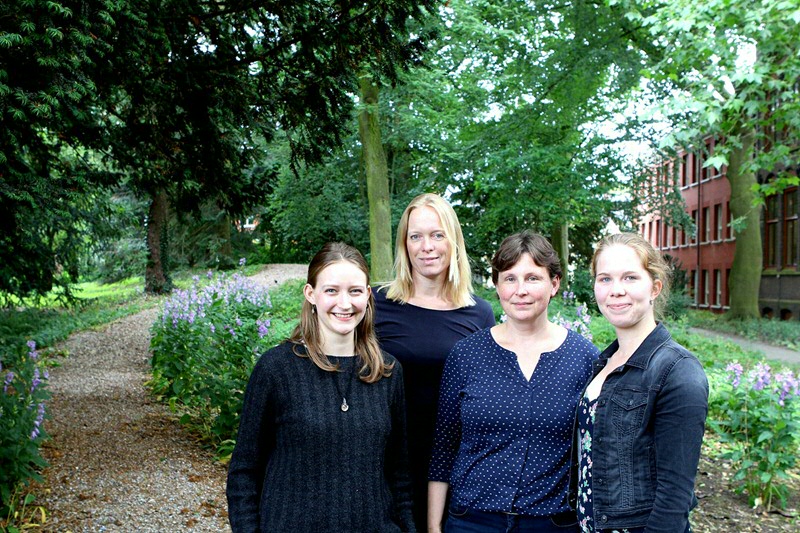
The Labor Market Integration of Refugees team is an interdisciplinary research team at the University of Groningen with a background in Social Psychology, Cultural Psychology, and Organisational Sociology.
Since Spring 2017 we collaboratively study different aspects related to the labor market integration of refugees in the Netherlands
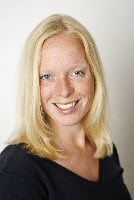
dr. Nina Hansen is Associate Professor of Social Psychology at the Faculty of Behavioral and Social Sciences, University of Groningen. Her research centers on the theme of the social psychology of cultural development. She studies cultural changes that are instigated by modernization processes. In her first line of research, she investigates cultural change, which is often caused by development aid in the Global South. In this context, her research focuses on the (often unintended) consequences of aid projects that introduce modern innovations in these nations such as, microfinance services, novel education initiatives, and new technologies. She is especially interested in how the position of marginalized people and women could be strengthened. In her second line of research, she focusses on cultural change instigated by migration. In this context, she is interested in the labour market integration of refugees and the impact of cultural differences for host societies and migrants. She is regularly consulted by different governments and organizations around the world and is an expert on social impact evaluations of interventions with broad field experience in African, Asian and Latin American nations.
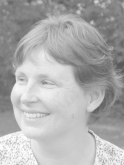
dr. Liesbet Heyse is assistant professor of organization sociology at the University of Groningen. She is an expert in public administration, evidence-based intervention and policy design, and qualitative and quantitative organization research in close collaboration with stakeholders involved. She has extensive knowledge on the policy side of Dutch integration process of migrants and the role of non-profit organizations therein. Liesbet Heyse’s research centers on the sociology of work and organizations, with a focus on the societal effects of (reforms in) public, nonprofit and private organizations in relation to their governance structures, and organizational performance. Key focus areas include: human resource management & performance of (international) nonprofit organizations; public organizations and public sector reform in global perspective; humanitarian crises and aid provision; selection and retention of first generation migrants in the labor market.
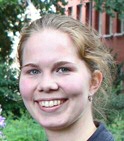
dr. Marloes Huis is a junior researcher at the Faculty of Behavioral and Social Sciences at the University of Groningen. She works in the interdisciplinary project “Improving selection and retention of first generation migrant workers: A social impact analysis of HR practices and cultural-sensitivity training for employers” funded by the ‘national science agenda’. Her research centers on the selection and retention of migrant workers, cultural psychology, women’s empowerment, and training. She completed her PhD research on women’s empowerment in the context of microfinance services and has mixed-method field research experience ranging from conducting in-depth interviews to randomized controlled trials in collaboration with non-governmental organizations and project-beneficiaries in Africa and Asia.
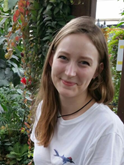
Anne Kuschel is a PhD student at the Faculty of Behavioral and Social Sciences at the University of Groningen. Her interdisciplinary, multi-method PhD project focuses on “Sustainable labor market integration of first generation migrant groups: The quest for the ‘migrant-organization fit’”. Her research centers on the role of perceived cultural differences and HRM practices/policies in promoting recruitment and retention of migrants in organizations. In her PhD, she studies the Dutch employer and migrant perspective to understand how the selection and retention of migrants in the Dutch labor market could be improved by considering the ‘migrant-organization fit’. Anne Kuschel has extensive quantitative and qualitative research experience; extensive knowledge on the Dutch and German integration process of migrants; and is a member of a Dutch learning platform on the labor integration of Syrian refugees in the Netherlands.
| Last modified: | 20 June 2024 08.11 a.m. |


